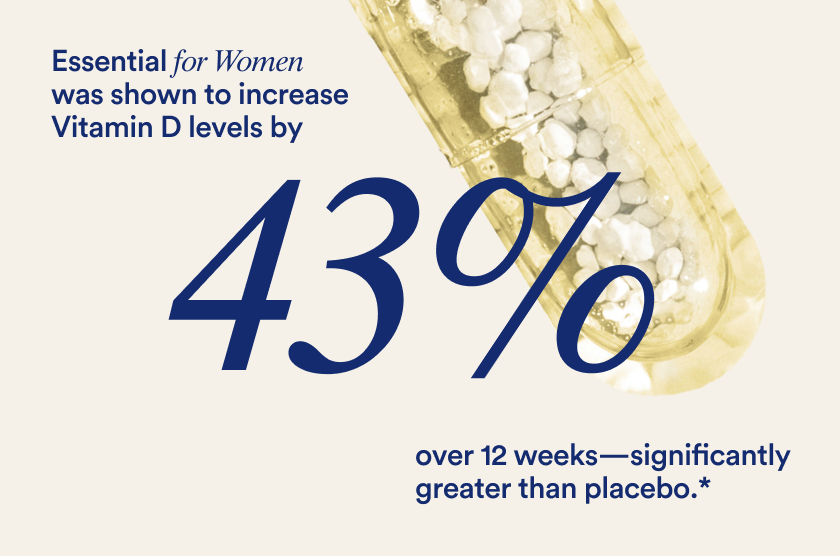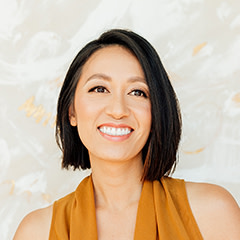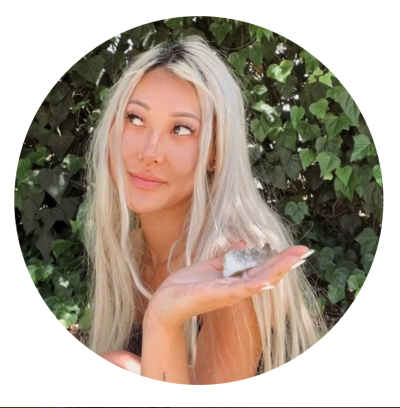Essential Takeaways
- Vitamin D has many health benefits, from supporting normal immune function and muscle function to bone health. The catch? Many of us aren’t getting enough, and are turning to supplements for help.*
- We dive into all things vitamin D supplementation—from how much to take to tips for shopping smart.
In a clinical study, Essential for Women 18+ was shown to increase vitamin D levels by 43% over 12 weeks—significantly greater than placebo.
Sure, we may recognize vitamin D’s significance when it comes to health—it supports normal immune function and muscle function, not to mention bone health and calcium absorption—but when it comes to actually getting enough of this essential nutrient, the reality is far from sun and games.*
Why the discrepancy? A few reasons, actually. First, there’s lifestyle factors like urban dwelling, office jobs, and even sunscreen use (which is a very good thing, BTW)—all of which can hinder the ability to reach and maintain optimal vitamin D levels. Environmental elements also play a part; after all, it’s much easier to catch some rays during July than it is in the dead of winter. And when you consider the nutritional side of things—research shows that more than 93% of men and women ages 19-50 are not consuming enough vitamin D from their diets—it adds up to a fairly… grey picture. (1, 2)
On the bright side? There’s a supplement for that.














